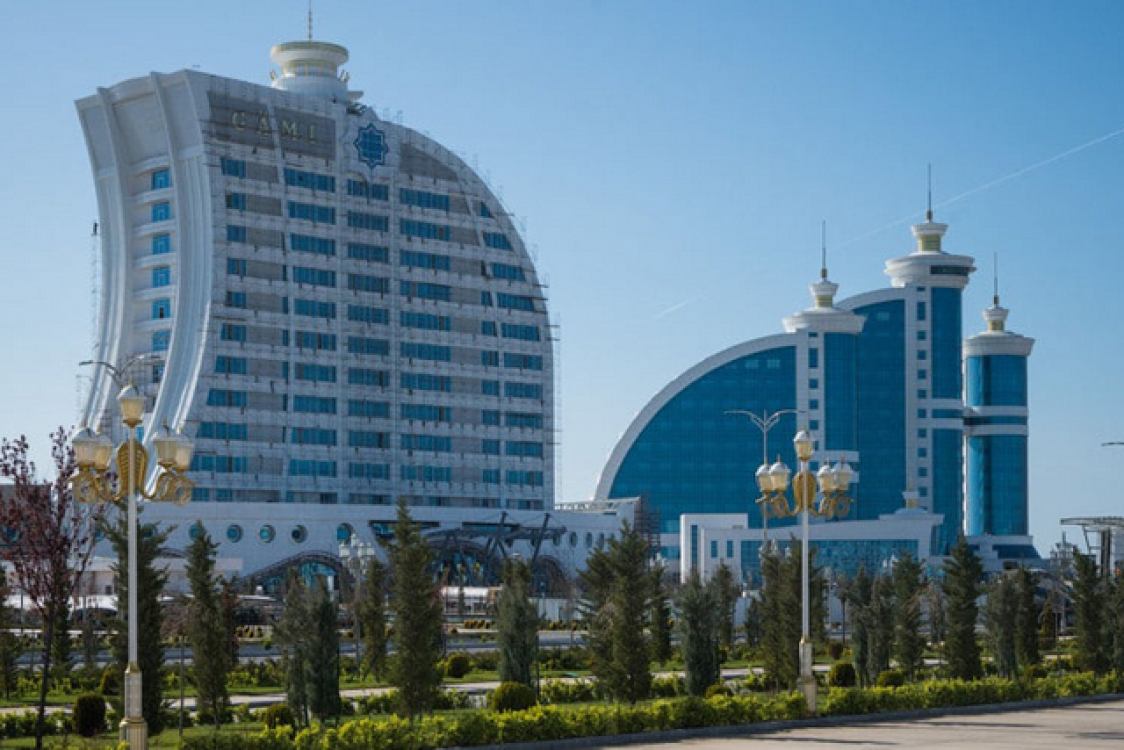
The Third United Nations Conference on Landlocked Developing Countries (LLDC 3) is taking place in the ‘Avaza’ National Tourist Zone. This was reported by the KARAVAN-INFO information portal.
Central Asia is demonstrating how internal geographical isolation can become a growth point: countries in the region are developing transport corridors and joint projects and deepening cooperation in energy and water resources. This allows structural barriers to be overcome — important to remember, the GDP of landlocked countries is 40–60% lower than that of coastal countries, and their share of world trade is less than 1%.
The forum is being held under the slogan ‘Driving Progress through partnerships’ and focuses on transport connectivity, trade liberalisation, economic transformation, climate sustainability and the implementation of the SDGs. The key outcome will be the adoption of the Awaza Declaration and an Action Programme for the period up to 2034.
Special attention was paid to the visit of Uzbekistan's President Shavkat Mirziyoyev, who delivered a keynote speech, outlined regional priorities and held meetings with leaders of countries and organisations. He was awarded the highest award of Turkmenistan.
The Uzbek delegation focused on logistics, digitalisation, climate and global integration. Among Tashkent's initiatives are the creation of a single regional market, the launch of a Central Asian Investment Council, the development of cross-border infrastructure, and ensuring food and environmental security.
Strategic areas include the Trans-Afghan railway corridor, participation in the ‘Middle Corridor’ and ‘Belt and Road Initiative’, and the formation of new multimodal routes.
The LLDC 3 conference emphasises that geographical constraints are not a sentence, but a challenge that can be overcome through partnership and regional solidarity. Uzbekistan reaffirms its leading role in the sustainable development of the region.













 Read us in Zen
Read us in Zen



